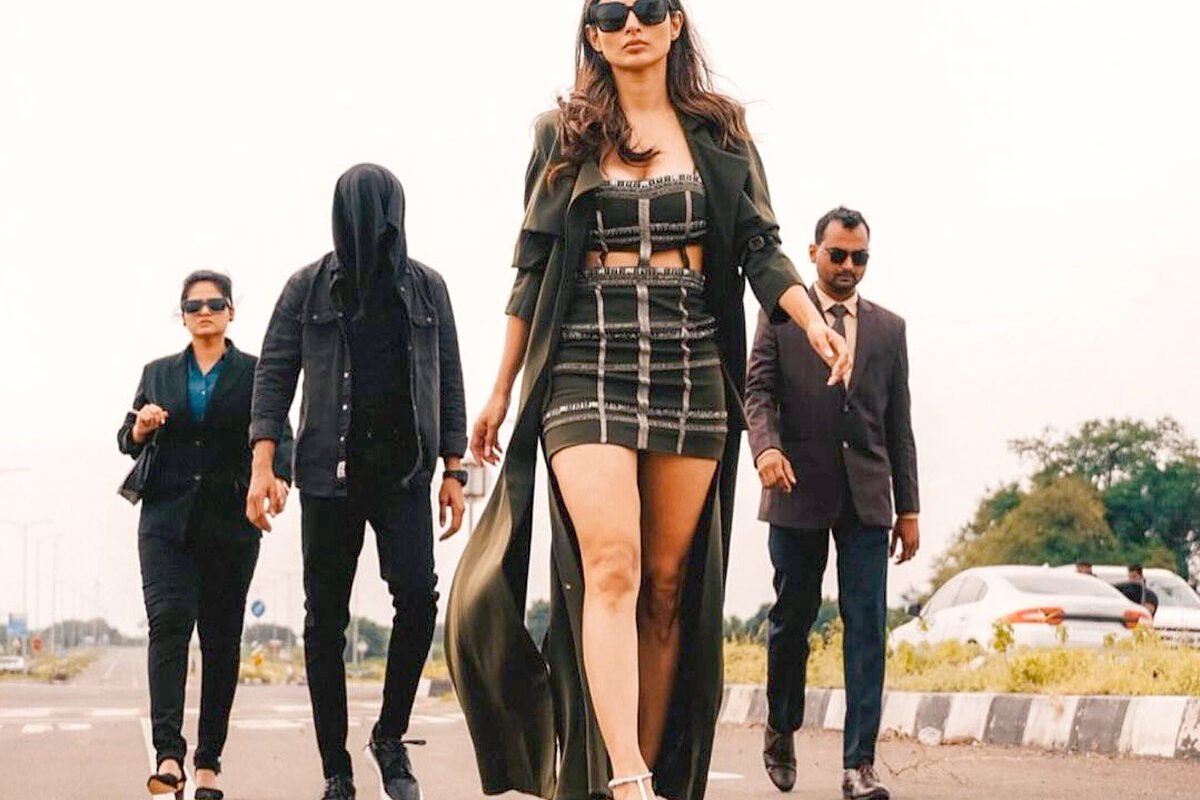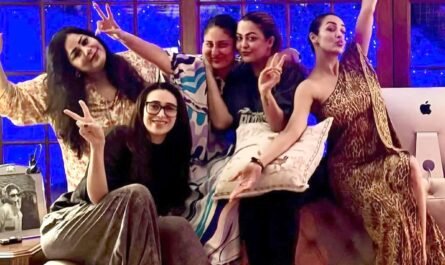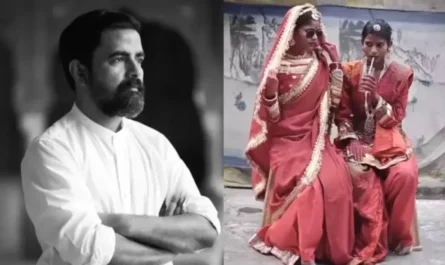” ;}
}
if(document.getElementById(‘subwait_top’)){document.getElementById(‘subwait_top’).style.visibility = ‘hidden’;}
}
else
{
document.getElementById(div_errmsg).innerHTML = “
“;
document.getElementById(div_errmsg).style.display = “block”;
if(document.getElementById(‘subwait_top’)){document.getElementById(‘subwait_top’).style.visibility = ‘hidden’;}
if(document.getElementById(subscribebtn)){document.getElementById(subscribebtn).disabled = false;}
}
}
}
if (subreq.readyState == 1)
{
if(document.getElementById(‘subwait_top’)){document.getElementById(‘subwait_top’).style.visibility = ‘visible’;}
if(document.getElementById(subscribebtn)){document.getElementById(subscribebtn).disabled = true;}
}
}
return false;
}
IMAGE: Mouni Roy in Love Sex Aur Dhokha 2.
Fourteen years after Love Sex Aur Dhokha, Dibakar Banerjee returns with its sequel.
The director of films like Khosla Ka Ghosla and Oye Lucky! Lucky Oye! says the idea of a spiritual sequel was mooted by the producer, Ekta Kapoor.
“In 2019, Ekta Kapoor told me, ‘Let’s go ahead with LSD 2. That’s when I realised that it had been a decade since the first film,” Dibakar tells Subhash K Jha.
“We had lived an entire lifetime in that decade, and had enough material to make a sequel. Before that, there wouldn’t have been enough life lived to make LSD 2. In any case, I was busy with my Netflix series and then COVID happened. That’s why it took 14 years.”
Dibakar admits Ekta Kapoor is a different entity now as compared to 2010.
“She has become even more combative. She has realised that for content to survive in cinema, we have to look for maverick transformational original content for theatrical release, alongside the blockbusters. Otherwise, we will have to give ourselves up to the monopoly of the OTT platforms, who are in no way to be blamed.”
“It’s just that monopoly of any kind is unhealthy. Ekta has evolved to the extent that she understands the fight to keep the cinemas alive, to keep collective viewing alive. She’s fighting it. Her decision to release LSD 2 in theatres is proof of her intent,” he says.
Dibakar sees many changes in himself as well.
“I have grown older, more accepting, isolated but more aware. I’ve less time to live, so I am more aware of the preciousness of time passing by. I have become a parent. I have seen how young lives grow into adulthood. I have seen how life unfolds. I’ve become balder, hopefully bolder and wiser. My nieces speak to me more now than they did 14 years ago.”
Dibakar is not perturbed by his relatively meagre output of 10 feature films in 18 years.
“It has been 18 years! It’s been quite a decent record so far,” he says.
“It’s been one film every two years. I wanted to push it even further but considering the kind of films I make, two years is the required time. In between, during my tenure with YRF and during COVID, when I was making films, the suppression of releases brought down the number of my films being released.
“But I am okay with my output. I want to make one film every two years. I am chasing that target. But then things happen, the circumstances, the working conditions, the subjects I want to make and the subjects that producers/OTT platforms want me to make… the difference between what I want and what the world offers need negotiation and time.”




